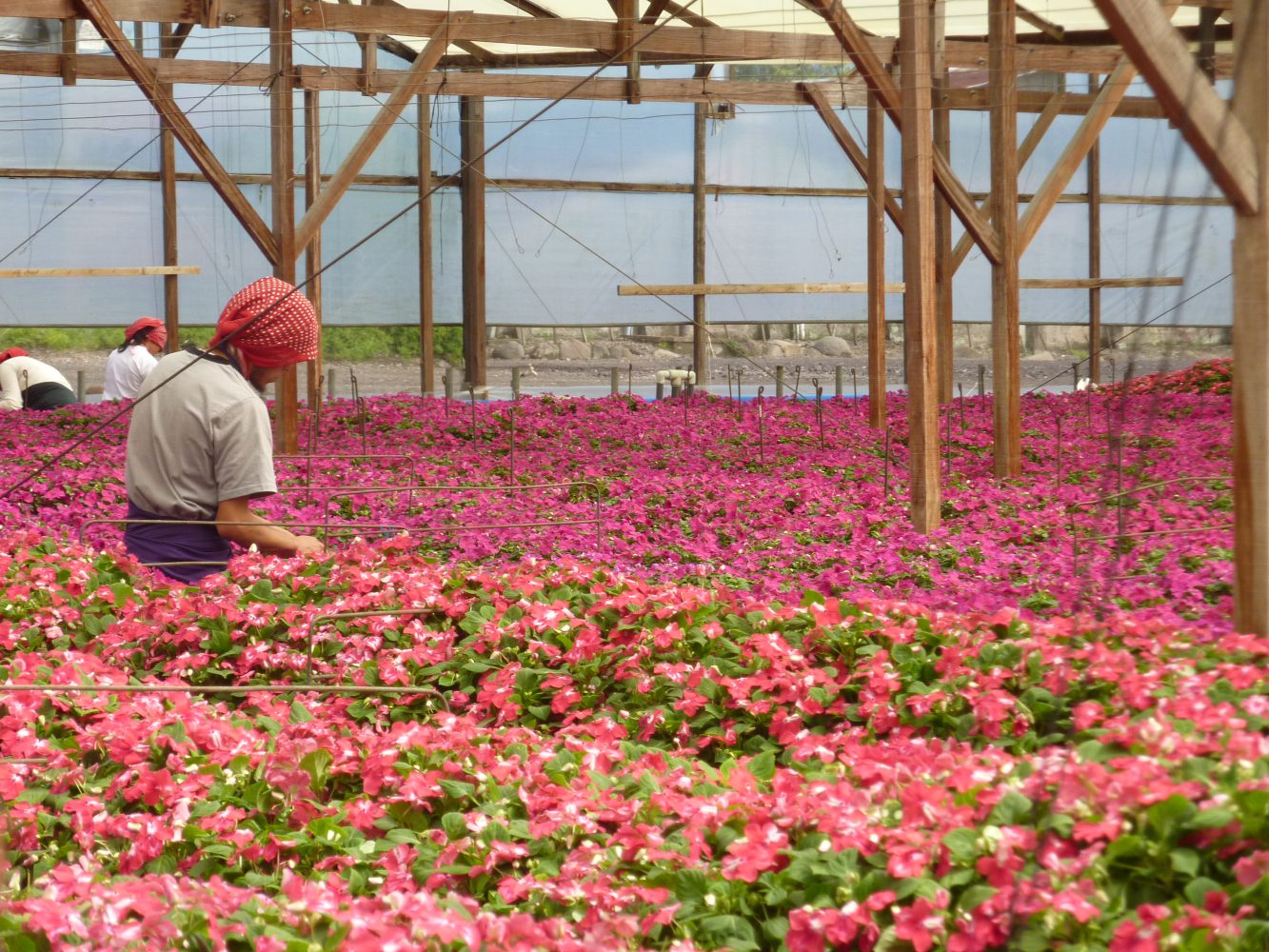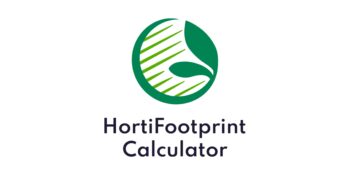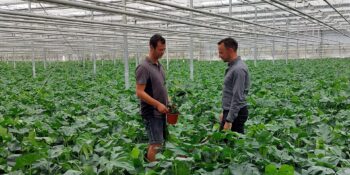One of Costa Rica’s goals regarding moving towards a more sustainable planet, is emitting zero net carbon emissions by 2050. Linda Vista, located in Costa Rica and part of the Ball Horticultural Company, contributes to a more sustainable world by using MPS-ABC to review their usage of crop protections agents, fertilisers, water, energy and other fuel. “We produce our crops with the rational use of agricultural supplies, therefore creating a safer environment for workers,” says Kelly Salinas, who is in charge of the Plant Pathology Department at Linda Vista.
The company is dedicated to the production of ornamental plant seeds for export. They produce many important beddings, cut flower and potted plant crops, and F1 hybrid crops are pollinated, harvested and prepared for distribution around the world.

Kelly Salinas, Head of Plant Pathology at Linda Vista
Selecting consciously
Linda Vista, which is also working on obtaining MPS-GAP, decided to work with MPS-ABC to decrease the use of crop protection agents and be more sustainable over time. MPS-ABC’s focus on sustainability through crop protection and fertiliser usage has helped them to be more aware of the selection and dose of the crop protection agents. “At Linda Vista, we have many crops in production at the same time and they are affected by different pests, so we must be very cautious and conscious in the selection of crop protection agents,” Salinas explains. They also review the certification each quarter to compare their usage to the thresholds established according to the label of agrochemical products.
Salinas says that being more aware of the impact of crop protection agents has helped them to select the molecules in a more conscious and responsible way for crop protection. This contributes to Costa Rica’s agricultural system, which has been threatened by farming practices that overexploit natural resources to maximise short-term profit. “For this reason, many companies have been working on improving their sustainability practices and so did we.”
Certification process
Obtaining the MPS-ABC certificate was not much more work for Linda Vista. They only had to change some ‘red’ crop protection agents into ‘amber’, ‘green’ or ‘white’, to stay within the ranges established by the certification standard. Although they did not had to change their business operations much, they experienced some startup problems with the record-keeping environment. Salinas: “In the beginning we had some difficulties understanding the site questionnaire. We had to complete more information related to the cultivation practices and type of crops; with these changes we obtained other thresholds in each item (crop protection, fertilisers, energy, fuel and water).”
Yet, the certification process was a very enriching process. “Because we had to review the active ingredients and the labels of the crop protection agents we were using, some changes were made and we have improved our classification. We have also improved our Integrated Pest Management (IPM), by combining the biological, cultural, physical and chemical tools to manage and reduce the risk from pests. In this way, we minimise overall economical, health and environmental risks.”
Salinas thinks other companies should consider environmental certification as well. “It is very important to achieve the MPS-ABC certification due to the strict parameters of crop protection usage, and water, paper, plastic and chemical waste, but also for the regulation of the use of water, electricity, and fuel.” She advises other growers to understand the certification before beginning to fill in the requested information. “Ask for help to understand the parameters that will define the environmental zone and understand the defined thresholds, to make the necessary changes to comply with the certification. In that way, we can all move to safe social and environmental friendly production practices.”



